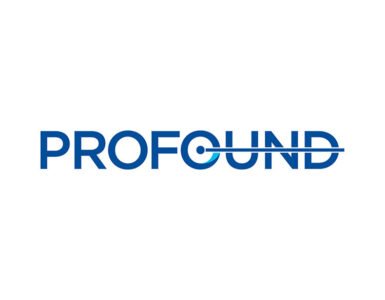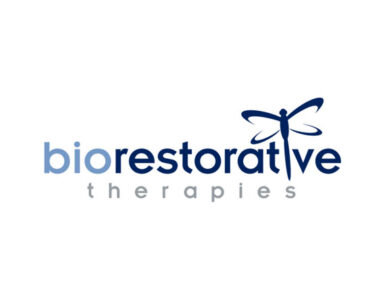
CEO and Co-founder
The FDA granted a rare pediatric disease (RPD) designation to closely-held SynaptixBio of the UK to develop the first treatment for TUBB4A leukodystrophy, a rare genetic and debilitating condition that mainly affects babies and young children.
The rare pediatric disease designation is the first step to gaining a priority review voucher, which can accelerate market access for therapeutics. They can also be sold or traded by sponsors, such as big pharma corporations.
In a statement, SynaptixBio CEO and co-founder, Dr. Dan Williams, said the designation was a “monumental step forward” in its bid to treat the disease.
“This is a key part of our overall strategy,” he said. “To be granted an RPD will enable us to accelerate our research into TUBB4A treatments, while ensuring the work being done to tackle it remains a focus within medical communities around the world.”
Earlier this year, SynaptixBio entered into a sponsored research agreement with the Children’s Hospital of Philadelphia, a leading leukodystrophy center, to develop a TUBB4A leukodystrophy treatment from antisense oligonucleotides.
The licence, which includes worldwide exclusive patent rights, allows SynaptixBio to translate the hospital’s research to first-in-human clinical trials, which could launch as early as 2024.
Caused by a mutation in the TUBB4A gene, the disease disrupts myelin surrounding nerves, leading to interruption of the signals between nerve cells in the brain.
Leukodystrophies affect 1-in-7,663 births, suggesting that about 20,000 people could develop a leukodystrophy – and more than 2,200 with TUBB4A – each year.





